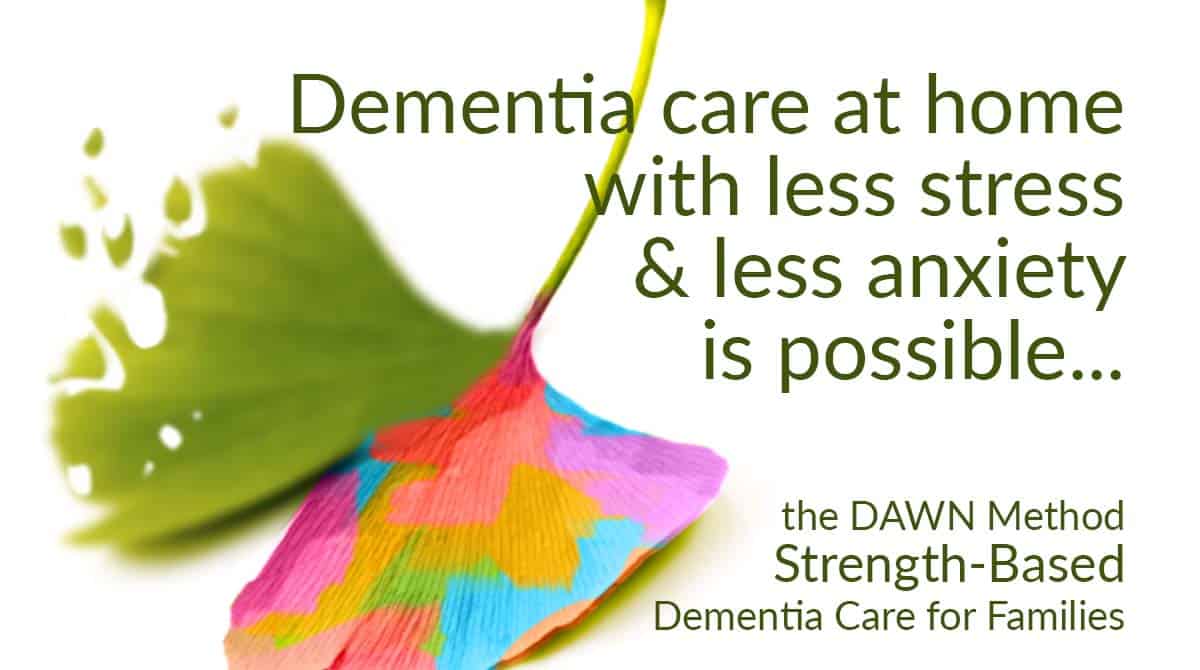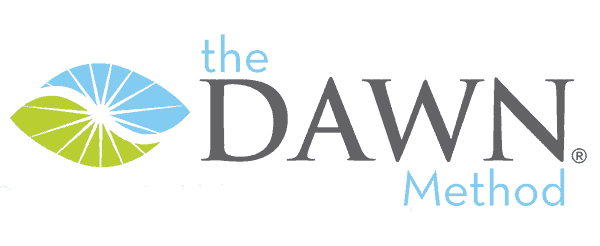Most seniors are hesitant about letting their children know that they lost the car at the grocery store yesterday or burned a pot on the stove the day before—whether cognitive issues have been diagnosed or not. Hiding dementia symptoms or any kind of memory failure is understandable behavior for a person if they fear they might lose their independence.
How do we keep communication open and honest between us and a loved one who may be experiencing the onset of dementia or Alzheimer’s?
Hiding dementia symptoms or our failures in general is natural.
Typically, when people are experiencing memory and rational thought losses, they go to great lengths to hide their dementia symptoms or cognitive decline. It’s embarrassing to forget names or get details wrong in conversation, so they become vague. Too many failures at self-care or instances of confusion bring concern and interference from family and friends, so they begin to isolate themselves. Masking failures gives someone with dementia a false sense of security from change, so most go to great lengths to hide problems. But masking prevents caregivers from preserving safety and providing targeted assistance.
When we know which tasks and areas our loved ones need help with, we can better protect their dignity and autonomy.
Here are a few strategies we use with our clients that encourage them to not hide their growing limitations from us.
Don’t react emotionally when you discover something of concern.
When we react with concern, fear, or anger, the message we deliver is adversarial rather than supportive. It’s adversarial because it communicates the threat of change, and no one welcomes being pressured or forced into making changes. We all treasure our dignity and autonomy, whether we have dementia or not.
Instead, you might say, “Mom, that’s worrisome. I’ll bet that scared you. Let’s think about a way to fix things so that doesn’t happen again. I know you really want to stay home.” Joining with a loved one in problem-solving will lower the likelihood that she will mask confusion and memory loss. It will also build trust in you as a care partner—someone who will be a teammate in preserving independence and autonomy in safe ways.

Be empathetic.
It’s far too easy to be critical when a loved one loses the keys or can’t remember where to find the coffee filters, but empathetic responses to forgetfulness and confusion are essential if you want someone dealing with dementia to trust you with proof of failing abilities. After all, becoming more forgetful is also a part of natural aging, so we’re all going to end up in the same boat.
De-stigmatize forgetfulness.
It’s no fun always being the person who can’t keep up in conversation, who forgets things and can’t track time, who can never figure out what’s going on. So be open about your own instances of forgetfulness or clumsiness. Lose your keys on the table in front of him so he can find them for you. Claim fault for forgetting that doctor appointment instead of pointing out that she said she’d written it down. De-stigmatizing forgetfulness and confusion is another way we can be partners rather than superiors in the care relationship.
As the caregivers of people experiencing dementia, our job is to find the balance between our companion’s safety and selfhood. We provide targeted care to preserve safety, while looking for every possible way to support personal preferences and autonomy. Using the DAWN method will help you ensure that you know about changing safety needs as they develop.
§
Sign up for our newsletter and free video series
Sign up for our monthly newsletter and get more advice on how to help someone experiencing dementia. As a bonus, you’ll get our free video series, “Preparing for Dementia.”

